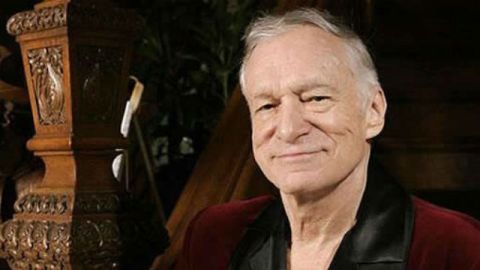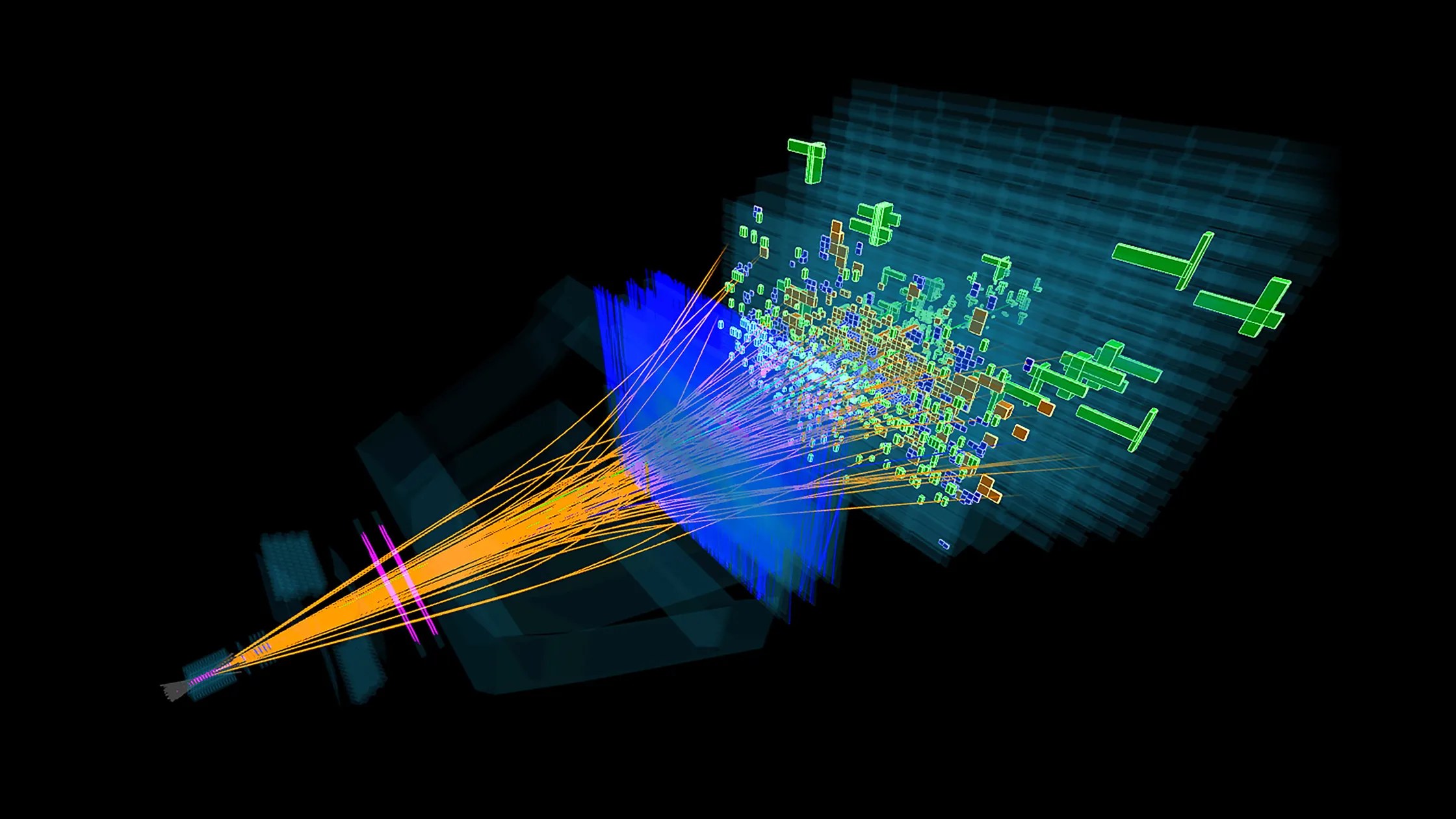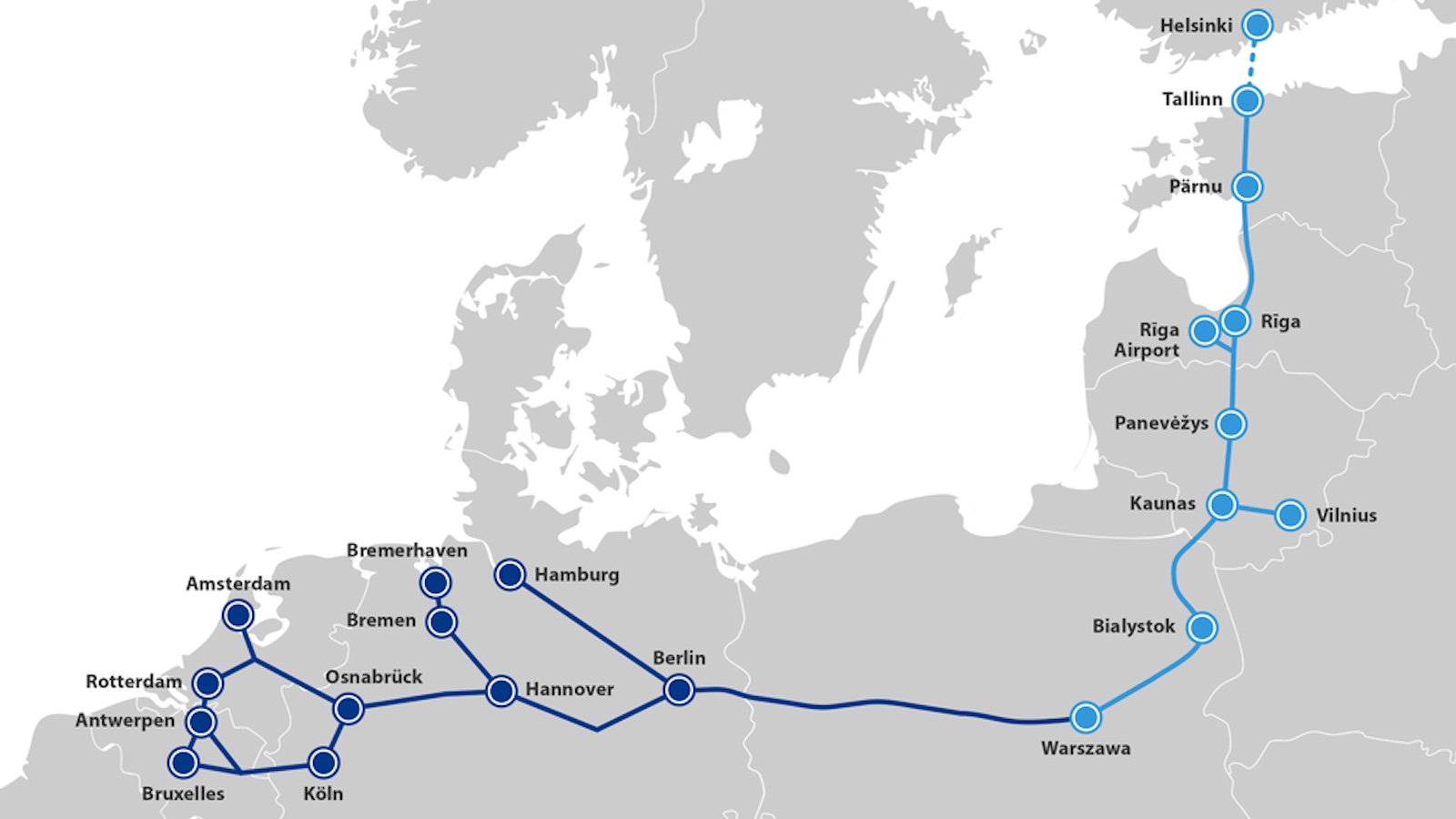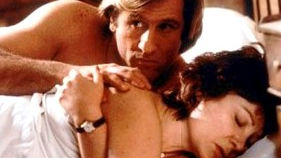Who’s Your Octogenarian Role Model?

Sign up for the Smarter Faster newsletter
A weekly newsletter featuring the biggest ideas from the smartest people
80 is the new 40: With life expectancy and the retirement age creeping inexorably upward, how are you planning to spend your eighth decade? Starting a new company? Writing your memoirs? Or sitting in a lawn chair, finally reading Proust’s Remembrance of Things Past?
T. Boone Pickens: More productive at 83 than most of us will ever be… 83 year old T. Boone Pickens’ c.v. reads like that of a small-to-medium-sized nation. He earned a fortune, lost it, then rebuilt it again around the age when most people retire. At the helm of Mesa Petroleum, he did battle with Big Oil, calling for massive, industry-wide restructuring. His Corporate Wellness program transformed Mesa into “the Most Physically Fit Company in America.” In 2008, he launched an $82 million advertising and lecture campaign in support of “the Pickens Plan,” an ambitious roadmap for American energy independence. And throughout his career, Pickens has given away almost $1 billion to support medical research, kids at risk, education, and athletics.
Other Unstoppable Octogenarians:
. . . Who’s your octogenarian role model, and why?
Sign up for the Smarter Faster newsletter
A weekly newsletter featuring the biggest ideas from the smartest people





